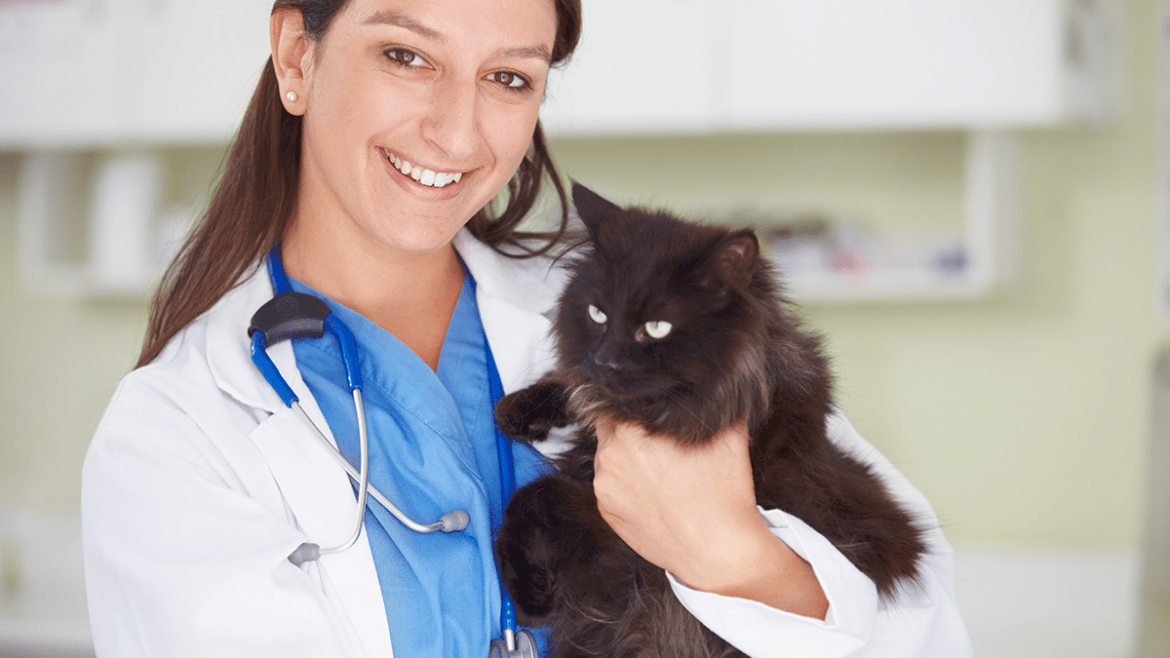It is very important to take care of teeth for your pets and if it is not taken good care then it leads to number of problems like tooth pain, gingivitis which is inflammation affecting any of the structures supporting the teeth—the gums, the roots, the bone around the roots or the periodontal ligaments that anchor the roots to the jawbones and later on heart disease and liver and kidney problems.
Bad Breath. Periodontal disease is the most common cause of bad breath and gingivitis in pets. In fact, it’s most common that an estimated 80% of dogs and cats have signs of periodontal disease by the age of two. Regular cleanings help keep tartar and plaque under control.
Unfortunately, our pets can’t tell us when they’re in pain. Sometimes pet will be sensitive in chewing the food or discomfort and chew on one side. However, the same way humans with dental problems experience pain, our pets do too. By getting your dog or cat’s teeth cleaned regularly, you’ll keep their teeth, gums, and mouth healthy. Plaque is like cement full of bacteria. These bacteria cause inflammation and infection of the gums, gum recession, and bone destruction around the roots on the teeth. Gingivitis and bone loss result in loose teeth. Loose teeth are painful.
Medical Complications. If your pet already has an illness, unchecked gum disease can complicate it. For example,diabetic cats with dental disease typically suffer more, because chronic oral infections make it difficult to control blood sugar levels.
Serious Illness.Pets who don’t receive proper oral care are at greater risk of developing heart, liver, or kidney damage. Because there’s a lot of blood flow in the mouth area, mouth bacteria can be carried through the bloodstream, damaging heart valves and the filtration system of the liver and kidneys.
Many small-breed dogs have a predisposition to periodontal disease. Yorkies, Pomeranians, Dachshunds, Schnauzers, Chihuahuas, and others all have a tendency to develop significant periodontal disease at a young age. If you have one of these breeds and are not brushing her teeth daily, you should see your veterinarian at least twice a year for a dental checkup.

